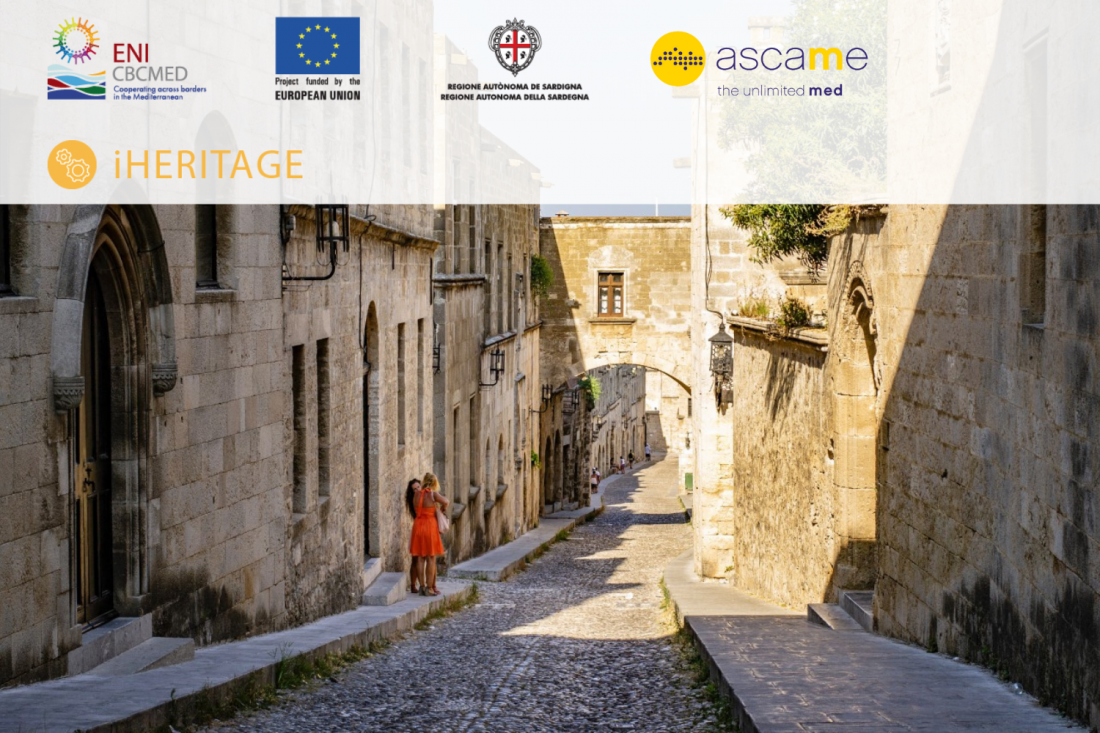iHERITAGE aims to rediscover Mediterranean Islands as a future sustainable tourist destinations

Throughout the centuries, the Mediterranean, and in particular the Mediterranean islands have been an essential place of passage for many of the civilizations that flourished and spread across the region mainly because of trade exchanges.
The invaluable immaterial cultural heritage treasured by many of the Mediterranean islands is a clear example of the importance of their commercial exchanges, logistic value as stopovers in the navigation routes and result of the different cultures and civilizations that melted one over the other.
If wine and oil trade exchanges opened trade routes in ancient times, establishing the first coastal navigation routes and therefore, favoring business and commercial trade with the Mediterranean islands, today tourism is the main source of business and wealth for the Islands. Tourists from all over the world visit the Mediterranean Islands looking for not only their great landscapes, sun and beaches and cuisine variety but also the great legacy of their cultural heritage.
From the Greek, Roman and Byzantine remains that tourists can enjoy in Sicily or Malta, to the Arab-Norman architecture of western Sicily, to the medieval quarters of Mallorca and Rhodes, the Moorish Palaces in Mallorca and the legacy of the ancient Minoan civilization in Crete, the Mediterranean offers a unique immaterial cultural heritage that enriches and adds extraordinary value to its tourist offer.
In this regard, Anwar Zibaoui, General Coordinator of ASCAME, in a recent article called ”the Islands, aircraft carriers of Mediterranean Tourism”, commented that one of the main challenges for the Mediterranean Islands is to become sustainable tourist destinations, transforming their economic model into a more resilient, blue and green model aligned with the UN Sustainable Development Goals.
However, in the quest towards sustainability, the Mediterranean islands, and by extension the whole region, have a very powerful ally in the 4.0 digital revolution and the usage of new communication technologies and digital tools. Precisely, this is one of the main goals of the iHERITAGE project of the ENI CBC MED Programme, which gives a big step forward boosting the Mediterranean cultural tourism industry through the creation of 76 innovative products and services by means of Augmented Reality, Virtual Reality and mixed Reality Tools.
Once more, innovation and disruptive digital tools offer a solution in the path towards sustainability and become a driving force for job creation, showing the trend for a more sustainable tourism industry that enhances the value of the Mediterranean intangible cultural heritage.









